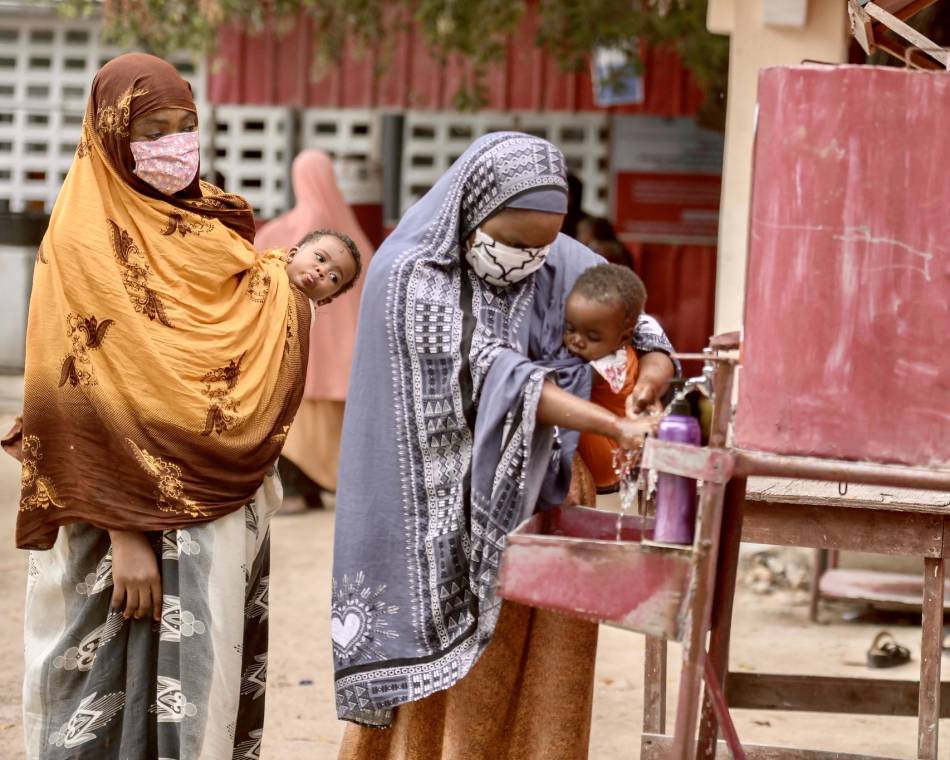Health care for women and children around the world suffered major setbacks from multiple crises in recent years and will require serious investment in public health to turn things around, a new report found.
Some 10.5 million children lost a parent or caregiver due to COVIV-19 and 25 million children were not vaccinated as they should have been last year to protect against deadly and debilitating diseases, 6 million more than in 2019, according to the "Protect the Promise" report from several United Nations agencies and partner organizations on Tuesday. About 80% of all children among 104 nations and territories lost precious time for learning because of school closures.









